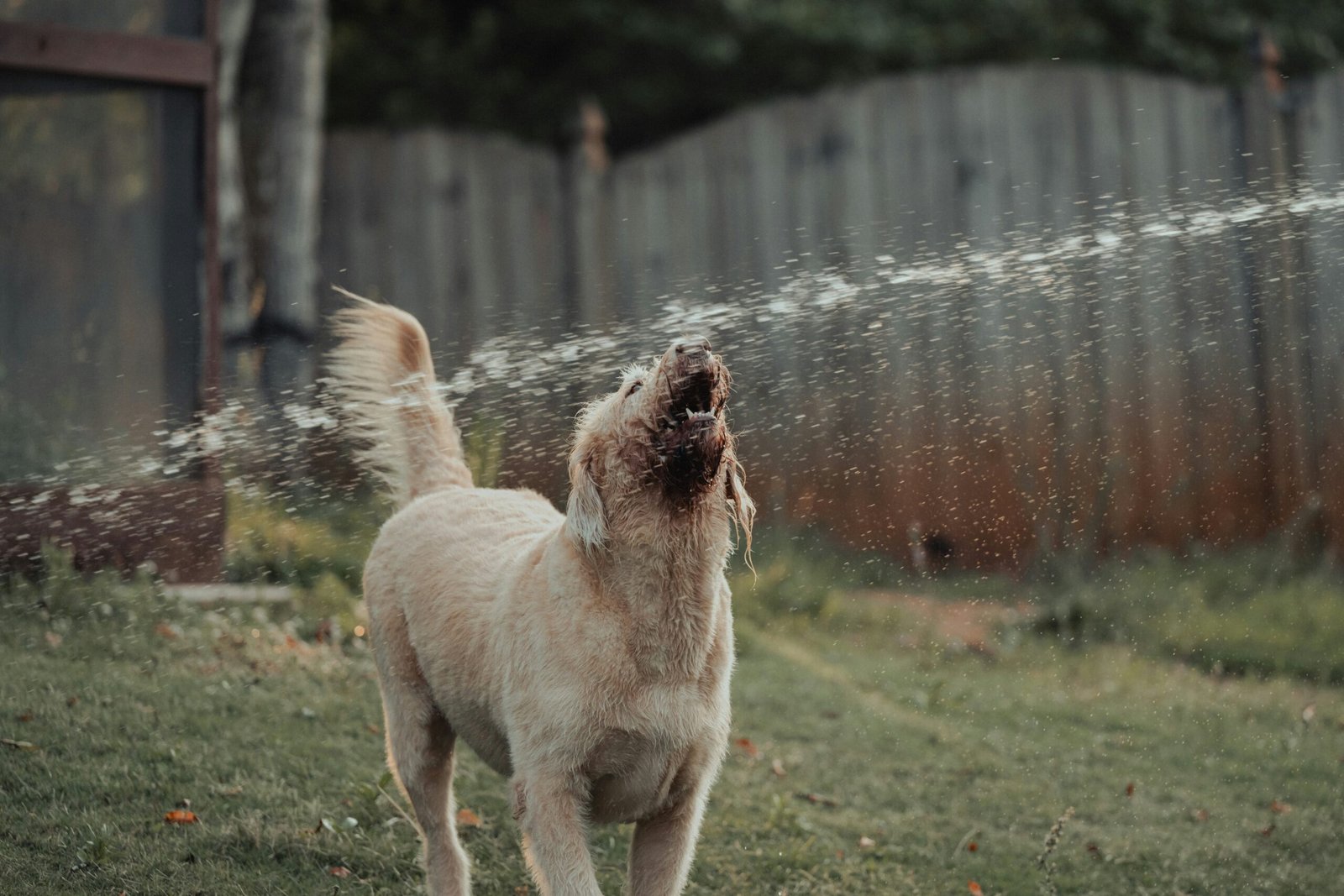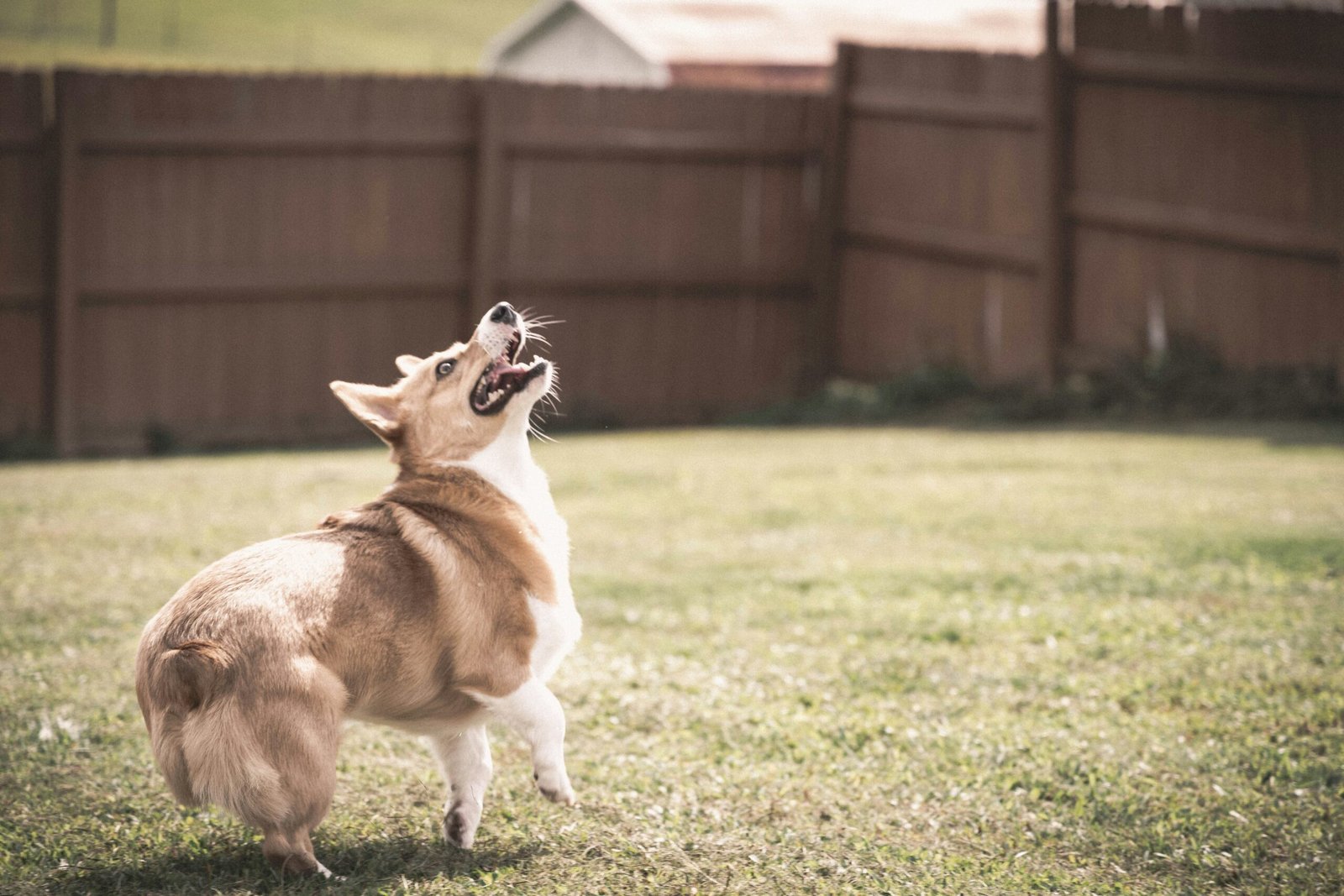why is my dog shaking? Watching your furry best friend start to tremble or shake can be incredibly unsettling. Your mind immediately races with concern, and the first question you ask is, “why is my dog shaking?” Is it just a passing chill, or could it be a sign of something more serious?
The truth is, the reasons for a dog’s shaking are incredibly varied, ranging from completely harmless to a critical emergency. Understanding these potential causes is the first step to ensuring your pup is safe, healthy, and happy. This guide will walk you through the common reasons for shaking so you can better understand what your dog is trying to tell you.
Common, Harmless Reasons for Shaking
Before you panic, it’s important to know that shaking isn’t always a bad sign. Often, it’s just a normal physical response.
- They’re Cold: This is one of the most straightforward causes. Just like us, dogs shiver to raise their body temperature when they’re cold. This is especially common in small breeds, dogs with thin coats (like Greyhounds or Chihuahuas), and senior dogs who have a harder time regulating their body temperature. If it’s a chilly day or they’ve just gotten out of the water, a warm blanket or a dog sweater is usually all they need.
- Excitement and Happiness: Have you ever been greeted by a dog so overjoyed that their whole body wiggles and quivers? That kind of shaking is pure, unadulterated happiness! Anticipation for a walk, a car ride, or their favorite treat can also bring on these excited trembles. In these happy moments, the answer to why is my dog shaking is simply an overflow of joyous energy.

Emotional and Behavioral Triggers: Fear and Anxiety
When the cause isn’t obvious excitement or cold, it’s time to consider your dog’s emotional state.
Fear and anxiety are powerful triggers for shaking. Loud noises are a primary culprit—think thunderstorms, fireworks, or even the dreaded vacuum cleaner. These sounds can put a dog into a state of fear that manifests as visible trembling.
Similarly, stressful situations like a trip to the vet, being in a car (for anxious travelers), or meeting new people and dogs can cause shaking. If you start asking why is my dog shaking every time you grab your car keys, it might be a sign of deeper separation anxiety. Identifying these stressors and working to create a calm, reassuring environment is key to helping your pup feel secure.
When Shaking Signals a Medical Issue
This is the category that worries pet owners the most, and for good reason. Persistent or unexplained shaking should never be ignored.
- Pain or Injury: Pain is one of the most common medical reasons for shaking. An injury, a sore joint from arthritis, dental problems, or internal pain can all cause a dog to tremble. If the shaking is paired with other signs like whimpering, limping, a reluctance to be held, or a hunched posture, it’s a clear signal that they are hurting and need to see a vet. The question of why is my dog shaking becomes very serious when pain is a possibility.
- Poisoning: This is a veterinary emergency. If your dog has ingested something toxic, shaking can be one of the first and most severe symptoms. Common household dangers include chocolate, xylitol (a sugar substitute found in many products), grapes, onions, and certain plants. If shaking is accompanied by seizures, vomiting, or extreme lethargy, and you suspect they’ve eaten something they shouldn’t have, seek immediate veterinary attention.
Underlying Health Conditions to Be Aware Of
Sometimes, the answer to why is my dog shaking lies in a chronic or underlying health problem. A persistent tremor often points to a deeper issue that needs professional diagnosis.
Several medical conditions list shaking as a primary symptom:
- Generalized Tremor Syndrome (GTS): Also known as “white shaker dog syndrome” because it’s common in small white breeds like the Maltese and Poodle, this condition causes full-body tremors. It is thought to be an autoimmune issue and is treatable with medication.
- Neurological Disorders: Conditions that affect the brain, like epilepsy or seizures, can cause violent, uncontrollable shaking. Canine distemper, a serious virus, is another condition that often leads to muscle tremors.
- Metabolic Issues: Low blood sugar (hypoglycemia), especially in small or toy breeds, can cause shaking and weakness. Other conditions like Addison’s disease or kidney disease can also be the root cause. This wide range of medical possibilities is exactly why professional advice is crucial when you need to know why is my dog shaking.
Shaking in Senior Dogs: Is It Just Old Age?
It’s common to see older dogs develop tremors, especially in their hind legs. This can be a normal part of aging as muscle mass decreases and nerves weaken. However, don’t be too quick to dismiss it. Shaking in a senior dog could still be a sign of arthritis pain, which is very common and manageable. A vet can help you determine the cause and provide supportive care to keep your old friend comfortable. Even in a senior pet, the question of why is my dog shaking still deserves a thorough answer.
The Bottom Line: When to Call Your Vet
So, when should you worry, and when can you just offer a warm blanket? While occasional shaking from cold or excitement is normal, you should call your veterinarian immediately if the shaking is severe, continuous, or accompanied by other symptoms.
Pay close attention if you see shaking along with any of the following:
- Vomiting or diarrhea
- Lethargy, weakness, or disorientation
- Loss of appetite
- Whimpering, limping, or other signs of pain
- Seizures or loss of consciousness
- Pale gums
When in doubt, always err on the side of caution. You know your dog better than anyone. If you’re worried about why is my dog shaking, trust your instincts and make that call.
In conclusion, the question “why is my dog shaking?” doesn’t have a single, simple answer. It requires you to be a detective for your pet. By observing the context and looking for other signs, you can be your dog’s best advocate. And for any shaking that you can’t explain, your veterinarian is the most important partner you have in discovering why is my dog shaking and ensuring your companion lives a long, healthy life.



